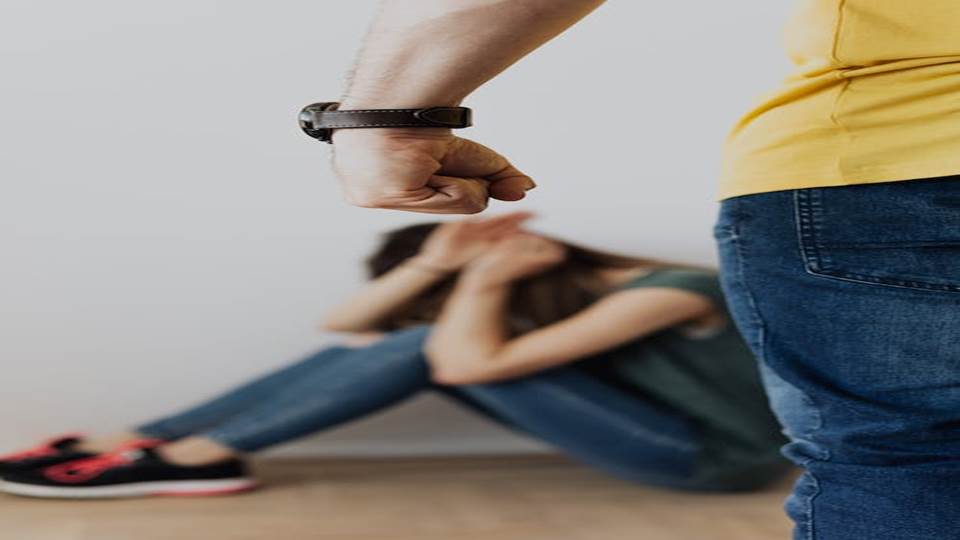Stalking and domestic violence are two highly concerning issues affecting countless individuals and families worldwide. These harmful behaviors can lead to devastating consequences for victims, often leaving them feeling trapped and isolated. It’s crucial to raise awareness about the signs of stalking and domestic violence to help victims seek support and break free from abuse.
If you or a loved one is being stalked or in a domestic violence situation, domestic violence attorney Stroleny suggests you contact a domestic violence lawyer. An attorney can help you explore your legal options, and learn about what red flags to watch out for. They’ll also show you the steps you can take to remain protected and regain control of your life.
What is Stalking?
Stalking is a pattern of unwanted and obsessive attention towards another person, causing them fear, anxiety, and distress. Stalkers may be strangers, acquaintances, former partners, or even current spouses.
This malicious behavior often involves repeated unwanted contact, persistent surveillance, and invading a victim’s personal space. Stalking can happen in person, online, or through other forms of communication.
Recognizing Stalking Behaviors
Stalking behaviors manifest in various ways. Since stalking can be difficult to define, this can make it challenging for victims to identify all of the warning signs early on. Some common stalking behaviors include:
Unwanted Communication
Receiving excessive calls, messages, or emails from the stalker, despite the victim’s attempts to cease contact.
Surveillance
Feeling constantly watched or followed, noticing the stalker’s presence in unexpected places.
Unwanted Gifts
Receiving unsolicited gifts or items from the stalker, often intended to intimidate or manipulate the victim.
Online Harassment
Stalkers may use social media, email, or other online platforms to intimidate, threaten, or defame their victims.
Manipulation
Stalkers may try to manipulate the victim’s emotions, spreading false rumors or trying to turn friends and family against them.
Domestic Violence and Its Impact
Domestic violence involves abusive behaviors within intimate relationships, where one partner seeks to exert control and power over the other. Abuse can be physical, emotional, psychological, or sexual. It knows no boundaries of age, race, religion, or socioeconomic status. It directly affects victims and has lasting effects on children who are exposed to such abuses.
Ignoring the signs of domestic violence can be harmful because it’s a leading precursor to homicide. Additionally, the overwhelming majority of homicide victims in domestic violence cases involve women being murdered by men, and in most cases, these men are current or former partners.
Signs of Domestic Violence
Identifying domestic violence can be challenging, as abusers often manipulate their victims into staying silent about the abuse. Some common signs of domestic violence include:
- Physical abuse involving hitting, punching, slapping, or any other form of physical harm.
- Emotional and psychological abuse including the use of constant criticism, humiliation, or threats to control their partners.
- Isolating the victim from friends, family, or support networks.
- Financial abuse when an abuser takes control of the victim’s finances, making them financially dependent and powerless.
- Sexual abuse and engaging in unwanted sexual activities or using sex as a form of control.
Seeking Help and Breaking the Cycle
Both stalking and domestic violence are serious issues that require immediate attention and intervention. If you or someone you know is a victim, legal experts recommend taking the following steps:
- Trust your instincts when you feel unsafe or uncomfortable, and remove yourself from the environment as soon as possible.
- Document evidence by keeping a record of all stalking or abuse incidents, including dates, times, and any communication from the perpetrator.
- Reach out for support, and talk to a friend, family member, or counselor you trust about your experiences. Support from others can help you feel less alone and provide assistance while seeking help.
- Contact law enforcement to report stalking incidents and provide them with sound evidence that you have documented.
- Seek legal representation when you are experiencin violence, and consider obtaining a restraining order to protect yourself from further harm.
- Utilize community resources because many organizations offer support, resources, and guidance to stalking and domestic violence victims. Reach out to hotlines or local support groups for assistance.
Seek Legal Assistance For Stalking and Domestic Violence
Stalking and domestic violence are destructive behaviors that often have severe and lasting effects on victims and their families. It’s essential to recognize the signs of these issues and to take proactive steps to seek help and support. Victims should never feel alone or ashamed to reach out for assistance, and concerned friends and family should never be ashamed to act.
By raising awareness and providing resources, we can work towards a safer and more compassionate society. Addressing the scourge of stalking and domestic violence requires compassion, education, and bravery. Remember that help is available, and breaking the cycle of abuse is possible with the right support.
Also Read: 9 Tips about How to Make Yourself Happy: A Journey Within








